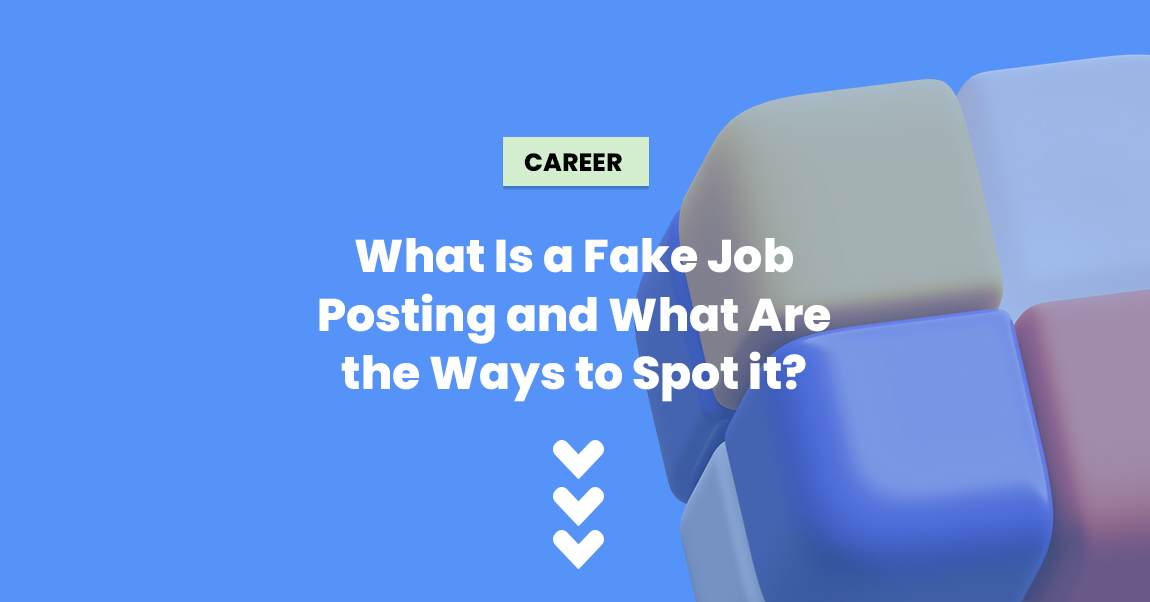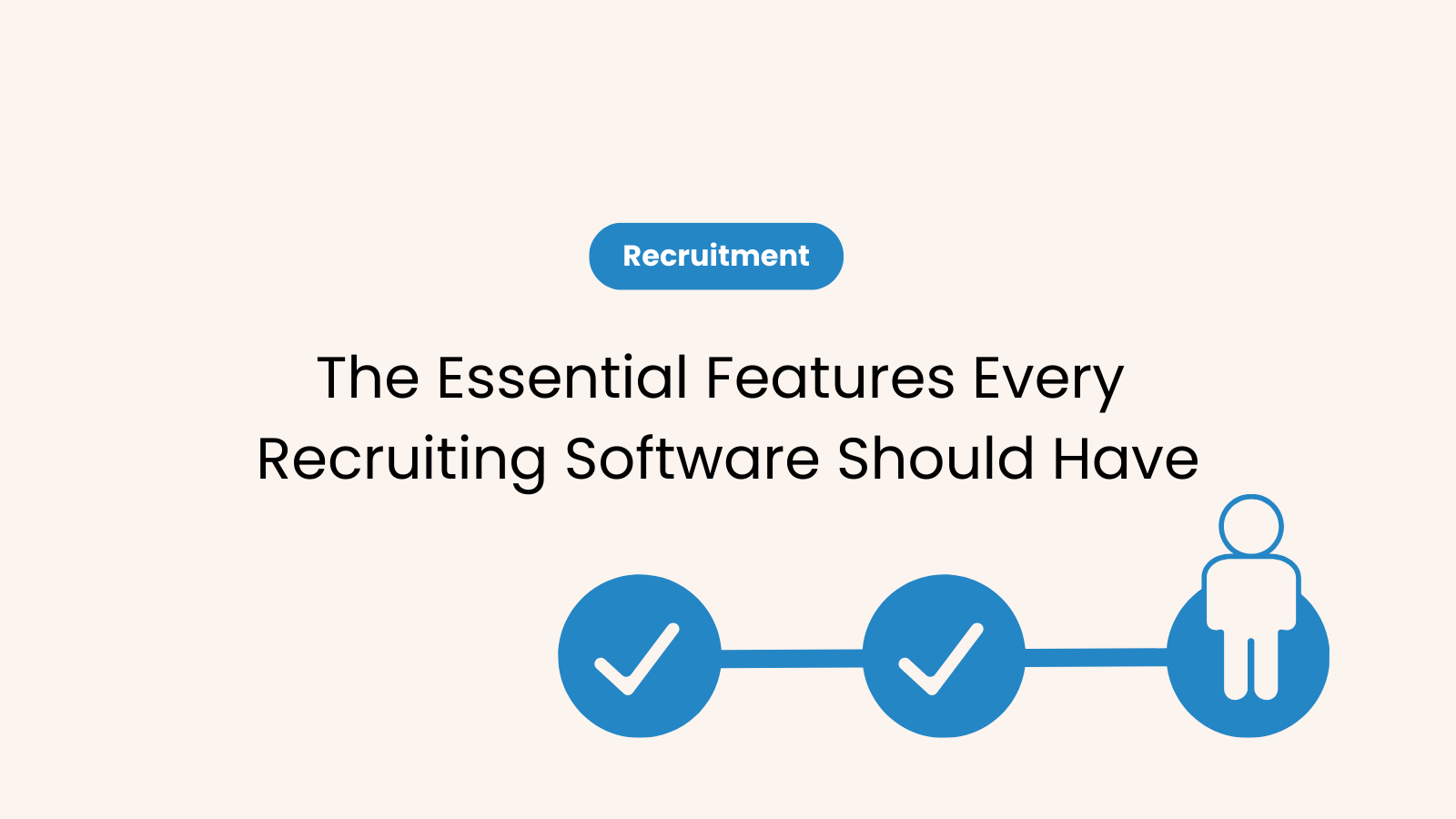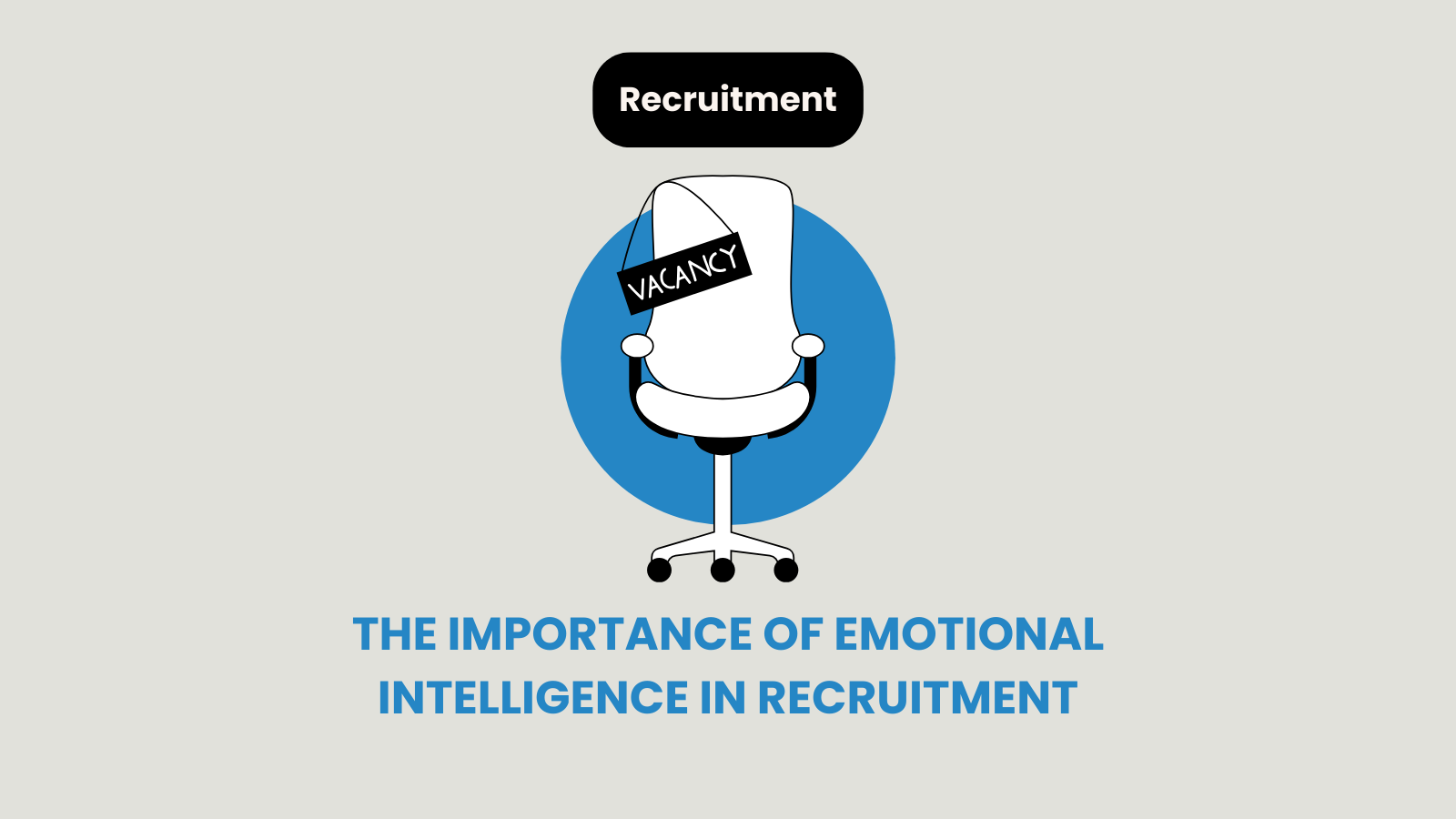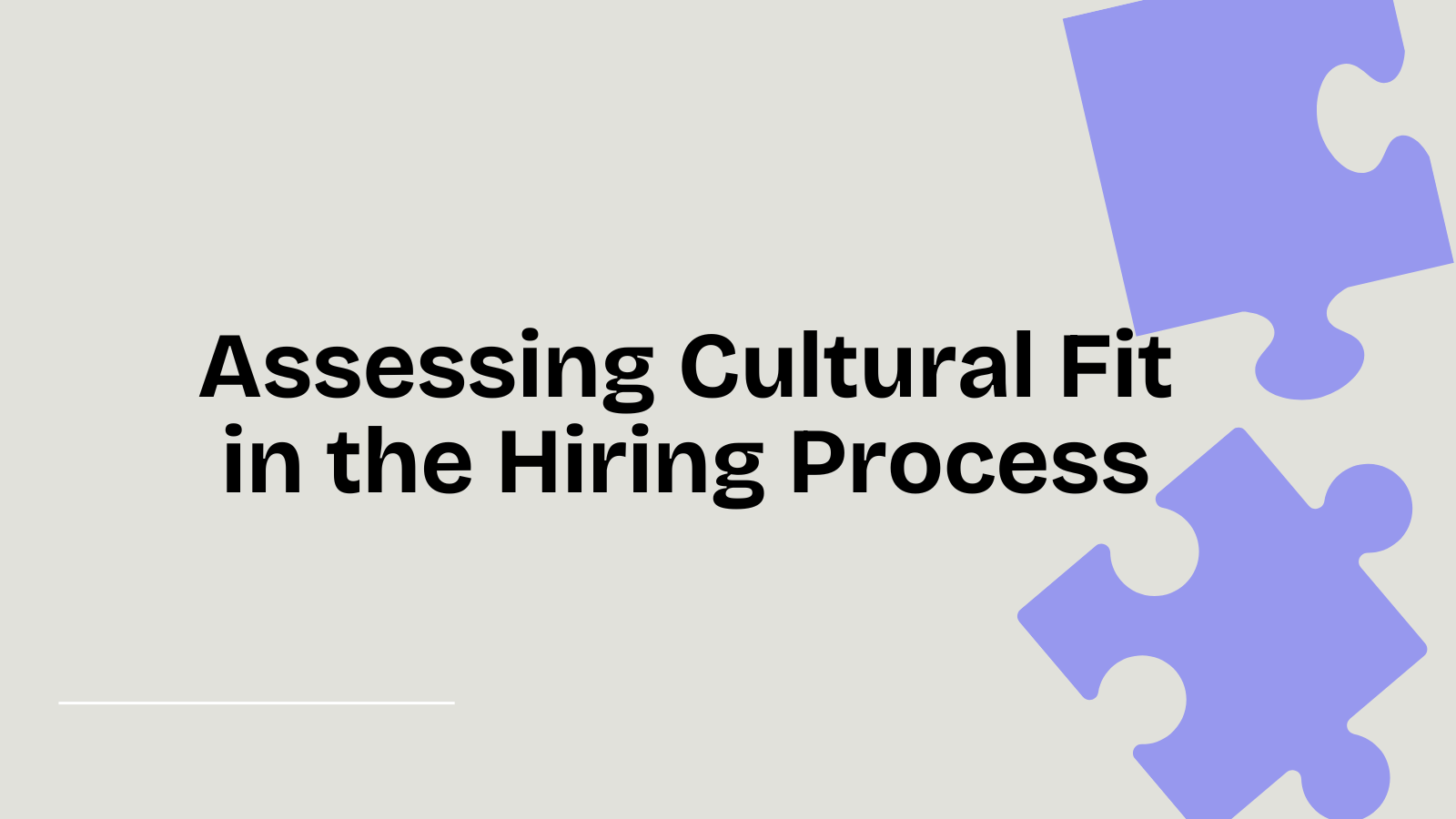According to the stats, nearly 4 million tech roles were advertised throughout 2020. The amazing thing is that the fastest growth in demand was seen among tech professionals dedicated to cybersecurity. Nevertheless, some far more simplistic internet fraud can still be spotted in the job market. Bumping into a fake job posting isn’t as uncommon as you might think. But how will you know if an ad is legit?
Are companies posting fake jobs to lure experts and trick them into getting their hands on the resumes, or is there a more alarming agenda behind it? Learn how to recognize whether a work opportunity is real or a plain flimflam – and don’t waste your time with businesses and recruiters behind it.
What Is a Fake Job Ad?
A fake job posting is a (rarely) smartly designed type of scam aimed at job seekers for a variety of unprofessional reasons. Still, these scams can look legit to an unsuspicious person scrolling through the vast pool of jobs. And although most tech talents aren’t actively looking for a new employer, falling for a phantom ad is still realistic. How so?
Scammers will sometimes go the extra mile to draw the attention of their target audience, more often than not, by offering incredibly high salary ranges or another sort of advantage that seems too good to be true. So, make sure to remember this: when a JD seems like a dream come true, do a thorough background check on the company or recruitment agency advertising it. Search through their website, social media, and various job boards before you take a leap of faith and end up wasting your time on a dead-end hiring process, or worse.
How to Make a Proper JD?
Writing a precise and enticing job description seems pretty easy. However, many tend to make quite a few (avoidable) mistakes. By doing so, they fail to attract the right people and instantly reject skilled candidates they’d need aboard. If you want to compose a concise and appealing JD, stick with these simple rules:
- Come up with an accurate job title that makes your hiring need clear from the very beginning,
- Avoid using any ninja, lasers, epic phantasy, and other made-up stereotypical titles and vocabulary (just leave those urges at the craziest LinkedIn titles pile),
- Think of company branding and value proposition, and make sure to reflect it throughout the JD,
- Be realistic and precise when describing requirements and job-related responsibilities,
- Separate must-haves from nice-to-haves, and don’t name every single tech skill in the book unless you want to drive prospective candidates as further as possible from your hiring process and positive candidate experience,
- Name the main benefits and pay close attention to the importance of industry trends when it comes to the salary range and comprehensive packages.
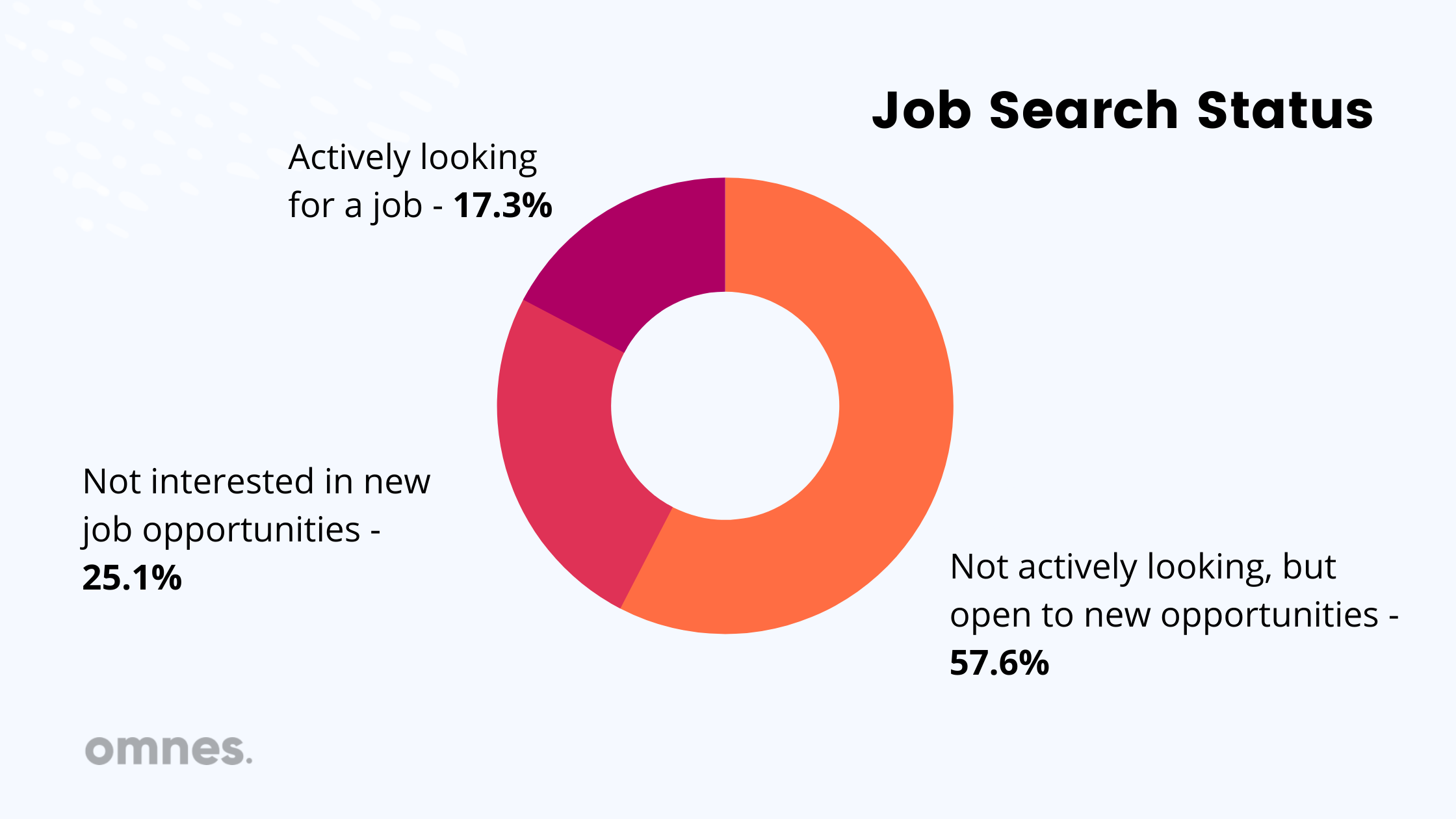
That way, you will ensure to draw a few skilled candidates and schedule a first interview in no time. Just be sure to promote the post and reach out to those you want on your team.
Do Recruiters Advertise Fake Jobs?
Much like a picture being worth a thousand words, a number of seen messages on LinkedIn tells us about a thousand things that need to be fixed in recruitment processes. Granted, it’s often not the recruiter’s fault. First of all, the market is so tight that it makes talent sourcing feel like waiting to see the face of Tom & Jerry landlady circa 1965 – present day. And then we get to the second problem. There is the bad and the ugly in recruiting. From scammers to copy-paste aficionados – some people are responsible for giving (good) recruiters a poor reputation. But still, out of all the sins a sourcer can commit, posting a dummy job opening takes the cake.
Do recruiters advertise fake jobs? You better believe it they do. Luckily, they’re still in the minority. Even with an increase of 300% in hiring scams before 2017, and another leap of fraud throughout 2020, these knock-offs are outnumbered.
Why Do Recruitment Agencies Post Fake Jobs?
Some recruitment agencies use strategies that defy work ethic. Advertising fake jobs falls right into this category. But why would they do it?
- Some do it simply for research – whether to gain a better insight of the market or to assess the recruitment tools and job boards,
- Others do it to collect CVs and be prepared to grow their pool of candidates for the next time around – when an actual opportunity comes up, and there’s nothing left to fulfill but invite a talent for an interview,
- Snatching an extra email address and adding it to a contact list is one of the reasons to scam the job seekers,
- Companies also tend to advertise phantom roles when they already have a new employee in mind only to make it look more appropriate to others,
- Lastly, some people or organizations have a more sinister plan, and they intend to use the applicants’ personal information to commit some sort of a crime.
Whichever the reason behind this type of fraud is, you should be able to spot it instantly and avoid any future contact with a company prone to hoax.
Posting a Made-up JD Will Still Bring Resumes – Used for Future Work Opportunities
Don’t make a mistake about it – when there are hard-to-fill positions involved, some will get tempted to come up with an easy way out. Although the advertised work opportunity technically doesn’t exist at the very moment it was posted, a similar role is bound to pop up somewhere along the way. So, you get how this can work? It’s not a malevolent hustle made to steal someone’s identity. But still, it’s unprofessional, unfair, and could be time-consuming. A recruiter, BPO provider, or company willing to do such a thing should still be flagged as a scammer.
Companies sometimes strive to gather as many resumes as they can because they have a problem with retention rates. They are fully aware that some of the staff might leave soon. And before they do, these organizations reach for a plan B.
How Do You Know if a Job Posting Is Real?
Learning how to identify fake job offers is imperative. Even though you might never encounter a scammer, it’s still best to know how to recognize one. Here are some JDs that should raise your suspicion:
- A phony career opportunity ad will lack in personalization,
- Vague JD that sound like something anyone could do are almost definitely a hoax,
- Job market shams also fall short when it comes to company branding and uniqueness,
- Spelling mistakes and lousy grammar can also reveal a scammer,
- Requesting personal and payment information often points out to a massive red flag,
- Company’s website, overall social media efforts, and presence, and online reputation management can tell you whether their postings are legit,
- The email address you’re supposed to send a CV to has shady written all over, and it doesn’t end with any company domain.
These are the basic elements of a potential swindle. Watch out for them, and don’t get involved with an employer or recruiter that showcases questionable behavior or practices.
Dummy Ads Can Pose a Serious Security Risk
According to Robert Ludlum, The success of any trap lies in its fundamental simplicity. And even though quoting a timeless spy thriller movie might seem a bit exaggerated, it’s better to be educated by Hollywood than to be scammed by a recruiter.
Don’t you agree?
Now, it’s not only recruitment agencies that post dummy ads. All types of companies could do it. That is why you will need to pay attention to the warning signs.
Financial privacy is one of the main aspects to look into. If a company asks for any specifics regarding your banking information or requests any kind of payment to enter the hiring process, just move on.
Paying for training or policy in advance should ring your internal alarm and make you want to report the firm imposing a dummy fee.
A Guide Through Employment: How Do You Know if a Recruitment Agency Is Legit?
Telling a good recruiter from a bad one is quite straightforward. And learning to tell whether a recruiting company is legit isn’t much harder:
- Asking for money or doing any sort of financial privacy violation is an immediate sign that something’s very off,
- Sending emails from a private account also shows that a recruiter might be hustling you,
- Not knowing enough about the work opportunity they should be presenting you is also a massive sign of fraud (or plain unprofessionalism, which is also a reason to quit collaborating with them),
- Promising things that can’t be real is exactly what it sounds like – a sham covered with glitter (and by glitter, we mean something you’d really want to hear, although the potential employer can’t deliver),
- Offering a place within a team without conducting a proper interview process is a good reason for you to run for the hills.
On another note, a trustworthy recruitment agency will have these qualities:
- Industry and company knowledge,
- Patience and politeness when communicating,
- Respect for the candidate’s privacy,
- An ethical approach,
- Punctuality and respecting everyone’s time,
- Transparency and honesty.
Lastly, when you search through their website and social pages, any concerns will be removed. They don’t lack any valuable information, and they have publicly displayed the reviews and testimonials.
Good Recruiters Will Undoubtedly Leave You Under a Positive Impression
Aside from all the needed research and comment section scrolling, bumping into a legit team of recruiters will simply feel right. They will come off as professional yet friendly from the opening line. They aren’t likely to commit any of the too-well-known mistakes, such as calling you by the wrong name. Also, they will provide you with all the essential info regarding a company they’re representing. Feel free to ask questions and ensure that you are dealing with a genuine expert who will help you out with possible career advancement.
Learn What’s a Fake Job Posting and Protect Yourself from This Type of Scam
If you want to avoid scams, save yourself some time, and land a job that actually matches your expectations and goals, be sure to open your eyes wide and recognize a fake job posting as soon as you see it. Doing a meticulous search on a potential employer is paramount. And so is gathering information about a recruitment agency that approached you with an opening (or promoted it through various channels well enough for you to spot it).
These scams can quickly escalate from wanting to check how well a job board really works to stealing your personal info. Assigning your job-hunt to a trustworthy recruitment agency will help you save yourself a lot of trouble. And remember – despite every clickbait and unsolicited LinkedIn message, there are some excellent recruiters out there.
